RNAGRI AGRO SOLUTIONS PRIVATE LIMITED
HORTICULTURE
Nursery management
Decoration plant production
Flower plants production
Horticulture plant irrigation management
Nursery management involves the cultivation and care of young plants, focusing on various aspects essential for their healthy growth and successful transplantation. Key elements include plant propagation, which can be done through seeds or vegetative methods like cuttings and grafting. Soil and growing media preparation is critical, ensuring the right pH and nutrient balance, while efficient irrigation management is necessary to provide adequate water without wastage. Pest and disease management is also vital, using integrated strategies that combine biological, mechanical, and chemical controls. Proper fertilization ensures that plants receive the nutrients they need, while temperature and light control, particularly in greenhouses, helps maintain optimal growing conditions. Record-keeping is important for tracking plant growth, pest incidents, and business aspects like inventory and sales. Sustainability practices, such as water conservation and the use of organic fertilizers, help reduce environmental impact. Finally, understanding market demands and building relationships with customers and other industry players are crucial for the nursery’s success.
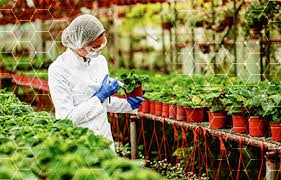

Forestry Plants productions
Forestry plant production involves the large-scale cultivation of trees and other woody plants primarily for reforestation, afforestation, conservation, and commercial purposes. This process is critical for maintaining forest ecosystems, supporting biodiversity, and providing resources like timber, fuel, and non-timber forest products. Key aspects of forestry plant production include the selection of suitable species based on the intended use and environmental conditions, propagation through seeds or cuttings, and ensuring optimal growing conditions in nurseries. Soil preparation and nutrient management are essential to promote healthy growth, along with efficient irrigation systems to meet the water needs of the plants. Pest and disease control is vital to protect young plants from damage, ensuring they grow strong enough to be transplanted into forests. Sustainable practices, such as the use of organic fertilizers and integrated pest management, are often employed to minimize environmental impact. Once the plants reach the appropriate size and strength, they are carefully transplanted into designated forest areas, where they will continue to grow and contribute to forest restoration and management efforts.
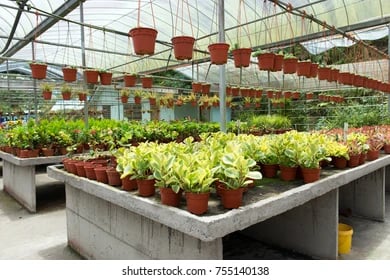

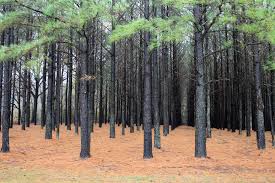

Decoration plant production involves cultivating plants specifically for their ornamental value, making them suitable for use in interior decoration, landscaping, and garden design. These plants are chosen for their aesthetic qualities, such as vibrant flowers, unique foliage, or distinctive shapes, and are grown to enhance the visual appeal of homes, offices, gardens, and public spaces.
The process begins with selecting the right species based on factors like color, texture, and adaptability to various environments. Propagation methods, including seeds, cuttings, or tissue culture, are employed to produce new plants. The growing environment is carefully managed to ensure optimal conditions, with a focus on light, temperature, humidity, and soil composition tailored to the specific needs of each plant type.
Soil preparation is crucial for providing a well-balanced, nutrient-rich medium that supports healthy plant growth. Irrigation is managed to maintain consistent moisture levels, avoiding both under- and over-watering, which can affect plant health. Regular fertilization and pest control are essential to maintain the plants' appearance, with many growers opting for sustainable practices such as organic fertilizers and integrated pest management to minimize environmental impact.
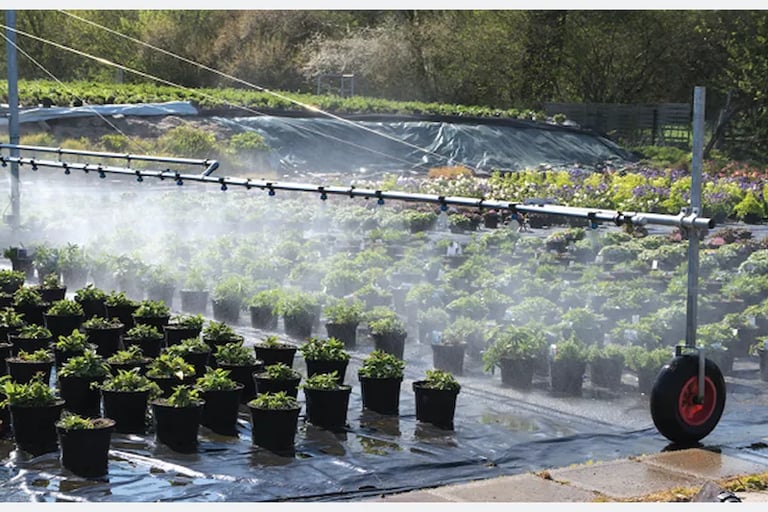

Wood plant production
Water quality is crucial in horticulture plant irrigation management, as it must be free from contaminants and have the appropriate pH and salinity levels to support plant health. An efficient irrigation schedule, developed based on crop needs, weather patterns, and soil moisture levels, ensures optimal water use. Monitoring evapotranspiration (ET) rates, which account for water lost through evaporation and transpiration, allows for precise adjustments to match actual water loss. Conservation techniques, such as mulching and using efficient irrigation systems, reduce water waste and enhance sustainability. Additionally, adjusting irrigation practices to local climate conditions, maintaining irrigation systems to prevent inefficiencies, and implementing sustainable water use practices, such as reusing treated wastewater or capturing rainwater, are vital components of effective irrigation management. These practices not only ensure that plants receive the necessary water for growth but also contribute to sustainable water use, reduce production costs, and improve crop quality and yield.
Flower plant production involves cultivating plants specifically for their blossoms, which are used in landscaping, floristry, and gardening. This process includes selecting the right species, propagating plants through seeds or cuttings, and managing the growing environment with proper soil, light, and irrigation. Fertilization, pest control, and pruning are essential to promote healthy growth and continuous blooming. Timing is critical to align flower availability with market demand, and sustainable practices are often employed to minimize environmental impact. The end goal is to produce vibrant, high-quality flowers that meet consumer preferences and market needs.
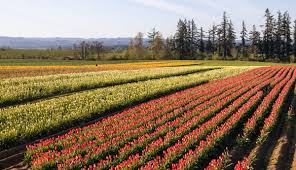

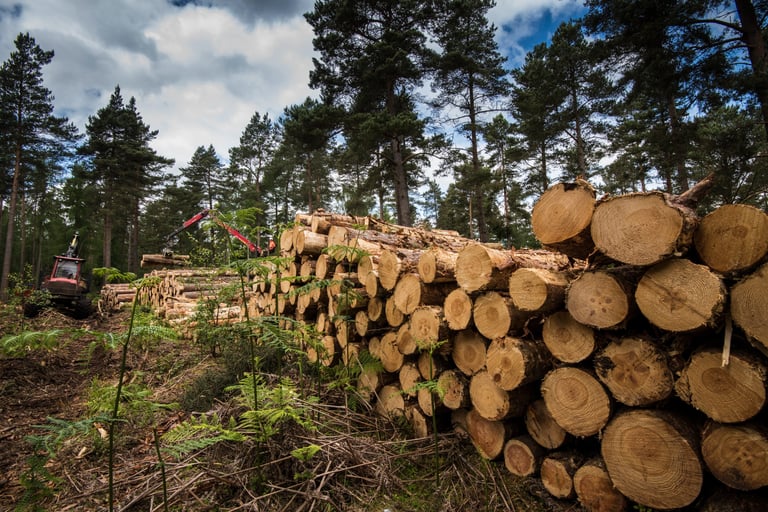

Wood plant production involves growing trees for timber and wood products. It starts with selecting suitable species and propagating them through seeds or cuttings. Proper soil preparation, irrigation, and pest management are essential for healthy growth. Fertilization supports robust development, while thinning and pruning improve wood quality. Sustainable practices, like selective logging and reforestation, ensure environmental health. Trees are harvested at maturity, and efficient processing maximizes wood value. This process ensures a steady supply of high-quality wood while preserving ecosystems.
About Agri Agro Grand Expo
Agri Agro Grand Expo International has served as a platform for bringing together many foreign as well as national visitors from all over the country to interact with leading national agriculture technology companies. The Agriculture Expo, held annually, is one of the leading national agriculture events of its kind, showcasing cutting-edge agricultural technologies. This exhibition in India traditionally attracts numerous Ministers of Agriculture, decision-makers, experts, practitioners, and trainers in agriculture, along with thousands of visitors from around the country.
contact :
expo@agriagro.in
exposulabh@agriagro.in
+91-9520099666
+91 -70601 71734
+91 -8791144200
© 2026 Agri Agro Grand Expo All rights reserved.
Mail:
